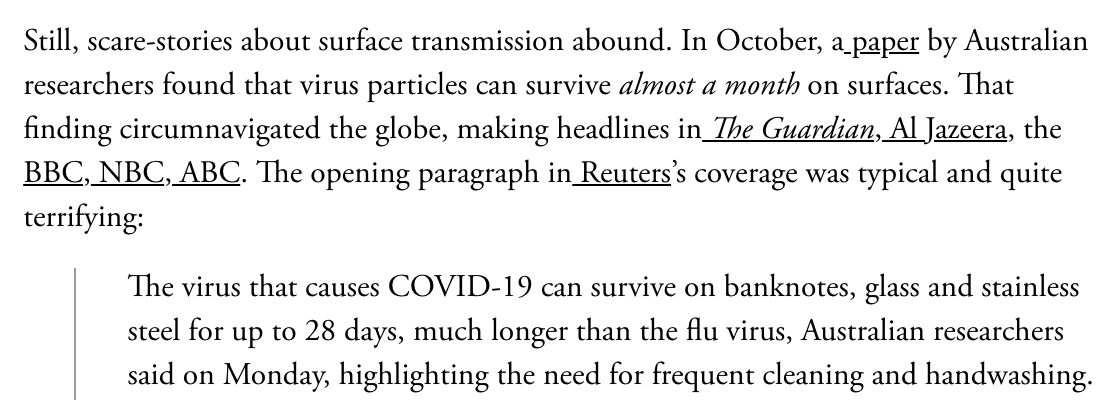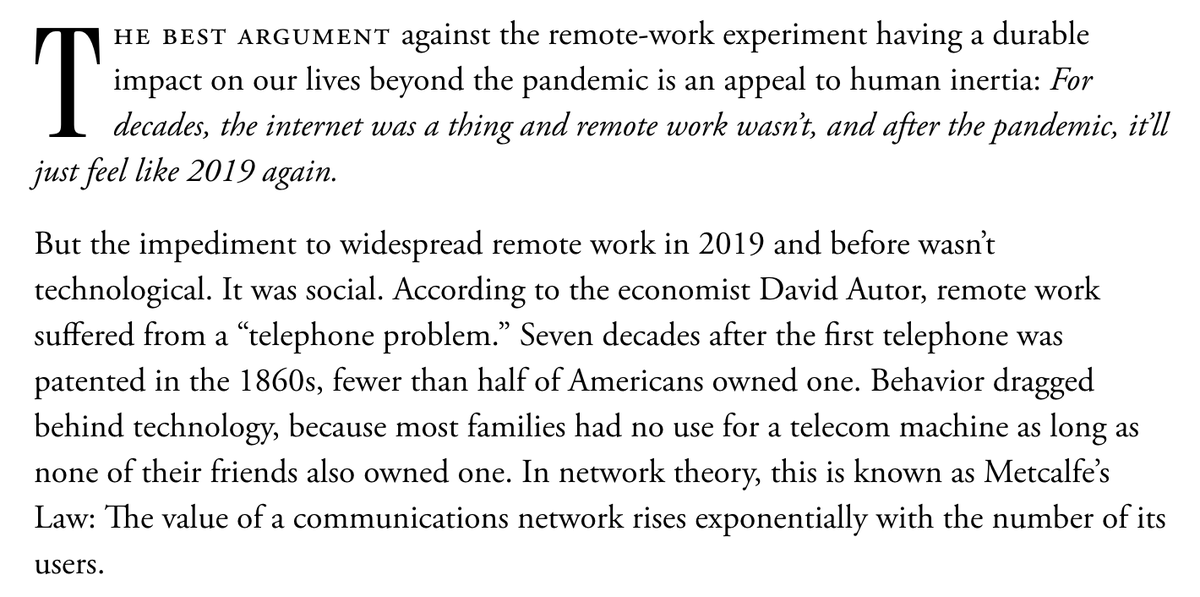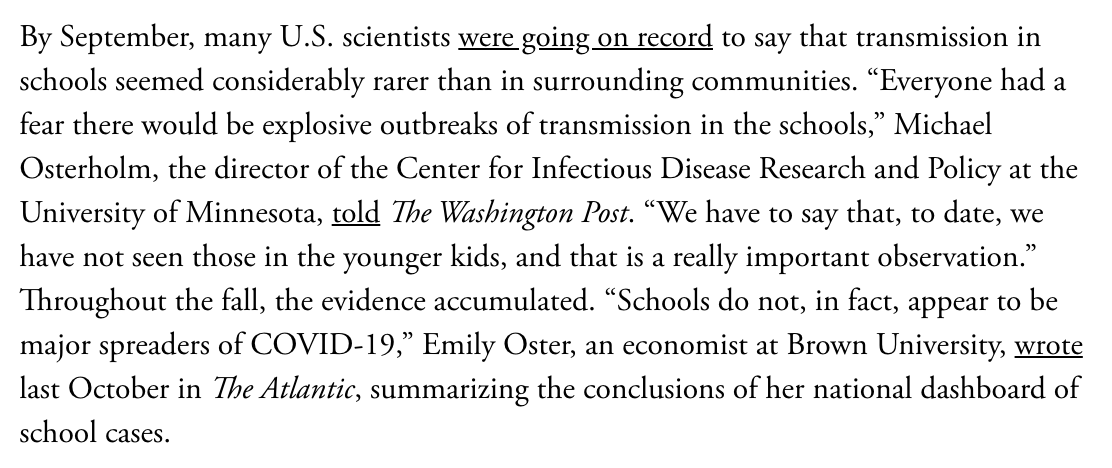
One theme that's emerged from my reporting and writing recently across cash welfare, public health communication, and vaccine eligibility is that I don't think we have enough of an appreciation for the virtue of SIMPLICITY in public policy.
In economics, I think the last ten years have really taken a sledgehammer to the idea that, eg, complex nudges are always best for changing public behavior. The Obama WH learned you don't get credit for policies that are designed to be sneakily invisible.
theatlantic.com/ideas/archive/…
theatlantic.com/ideas/archive/…
But the benefits of simplicity aren't just for "audiences" or "the public."
As @kjhealy argues, overcomplicated nuance can gum up our understanding of our own minds, our own theories, and our ability to communicate them to others. IOW: "Fuck nuance."
kieranhealy.org/files/papers/f…
As @kjhealy argues, overcomplicated nuance can gum up our understanding of our own minds, our own theories, and our ability to communicate them to others. IOW: "Fuck nuance."
kieranhealy.org/files/papers/f…
Anyway, I think simplicity is interesting—and I'm struck by how many of my articles today want to end "in conclusion, this thing would be better if its rules were just simpler."
If you have good research on the surprising benefits of simplicity, send my way, please!
If you have good research on the surprising benefits of simplicity, send my way, please!
"the (un)intentional malice of complexity" is a hell of a phrase!
https://twitter.com/nsndc/status/1358893620259086338?s=20
• • •
Missing some Tweet in this thread? You can try to
force a refresh










